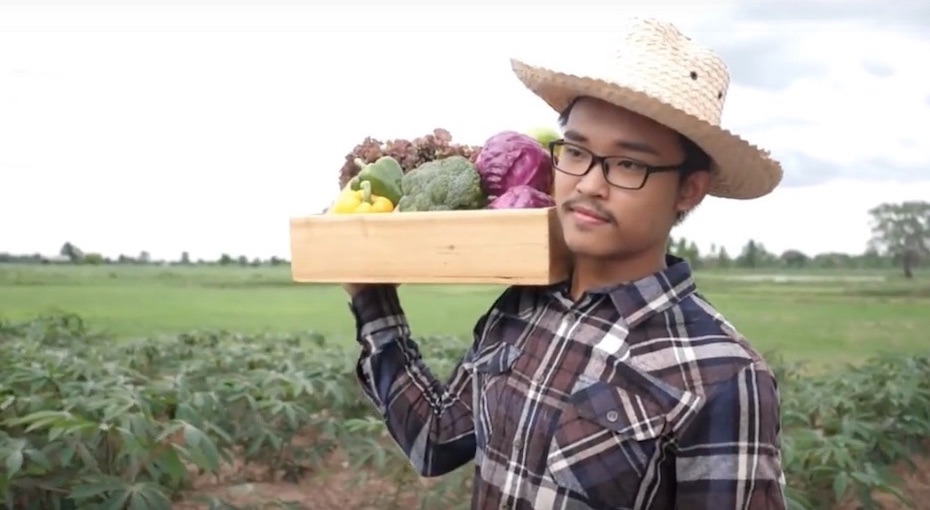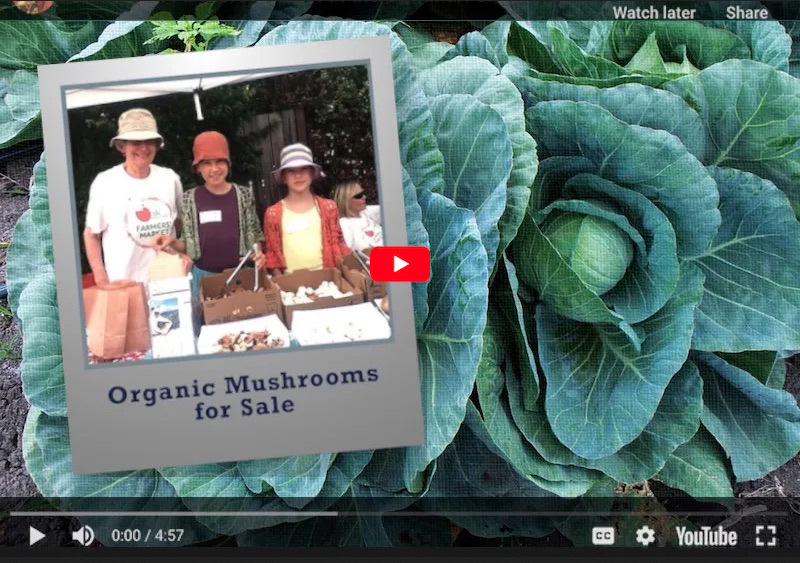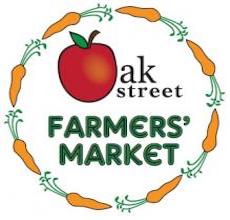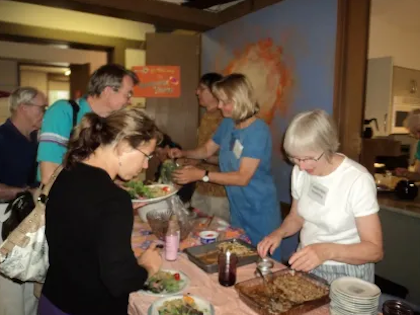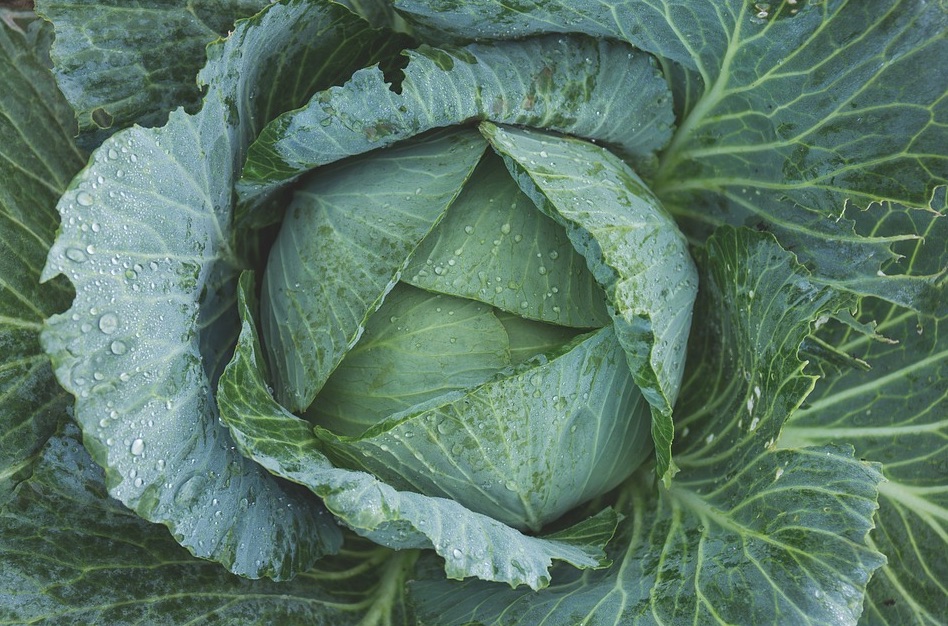Tips for Reducing Food Waste this Festive Season
Laura Trotta: “Every time we throw food in the bin we’re not just wasting our money. We’re discarding the vast amounts of resources, energy and water that it took to produce, process, store, refrigerate, transport and cook the food.
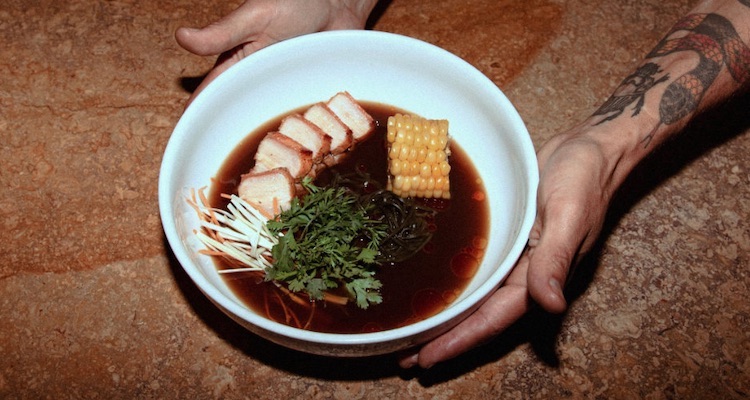
Coco Confusion / Credit: New Gastronome
Reducing food waste is one of the top five solutions to climate change listed in the New York Times bestseller “Drawdown…“
While animal agriculture creates an estimated 18% of greenhouse gas emissions.
As we move through the December Solstice and into the New Year… let’s remember to reduce food waste and to include vegan and vegetarian dishes in our Winter season feasting.
Suggested Links
Food and Climate Action
- Slow Food International
- Healthy Diets for a Healthier Planet (UN Climate Action)
Tips for Reducing Food Waste
- What you can do (Slow Food)
- 5 Ways to Reduce Food Waste this Holiday Season (Laura Trotta)
- 7 Simple Steps to Reduce Food Waste (WEF)
Vegan and Vegetarian Recipes
- Top Ten Vegan Recipes this Season (Earthsave Canada)
- Vegetarian Festive Season Recipes (BBC goodfood)
Giving Food Back the Value it Deserves
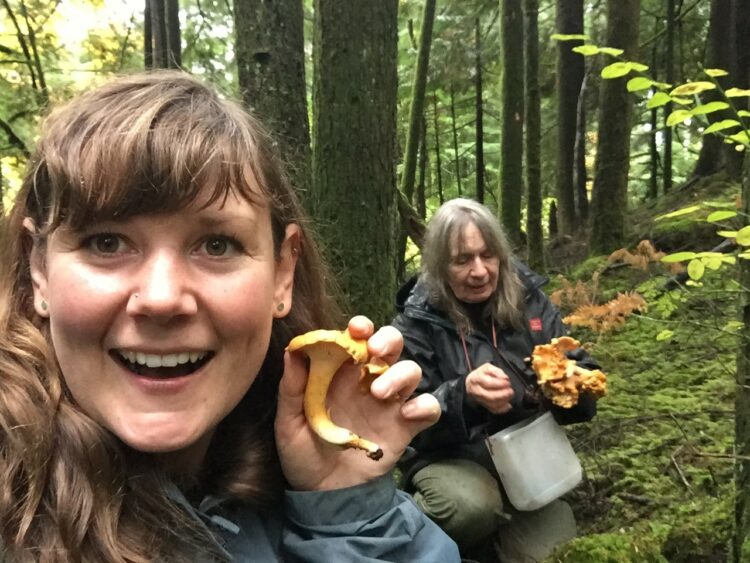
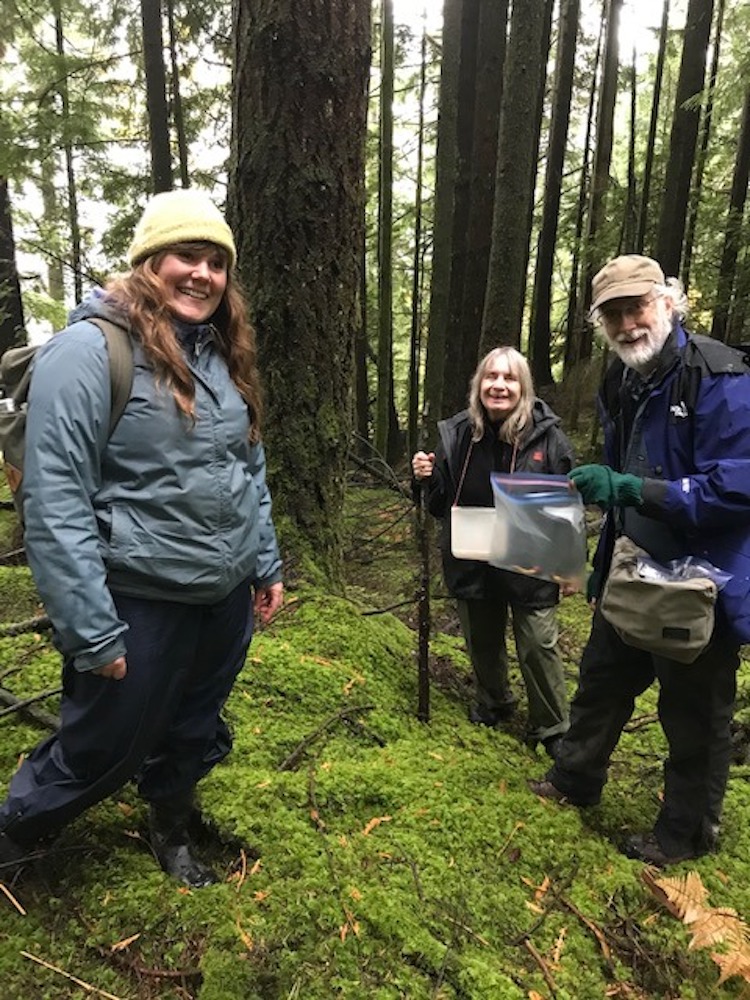
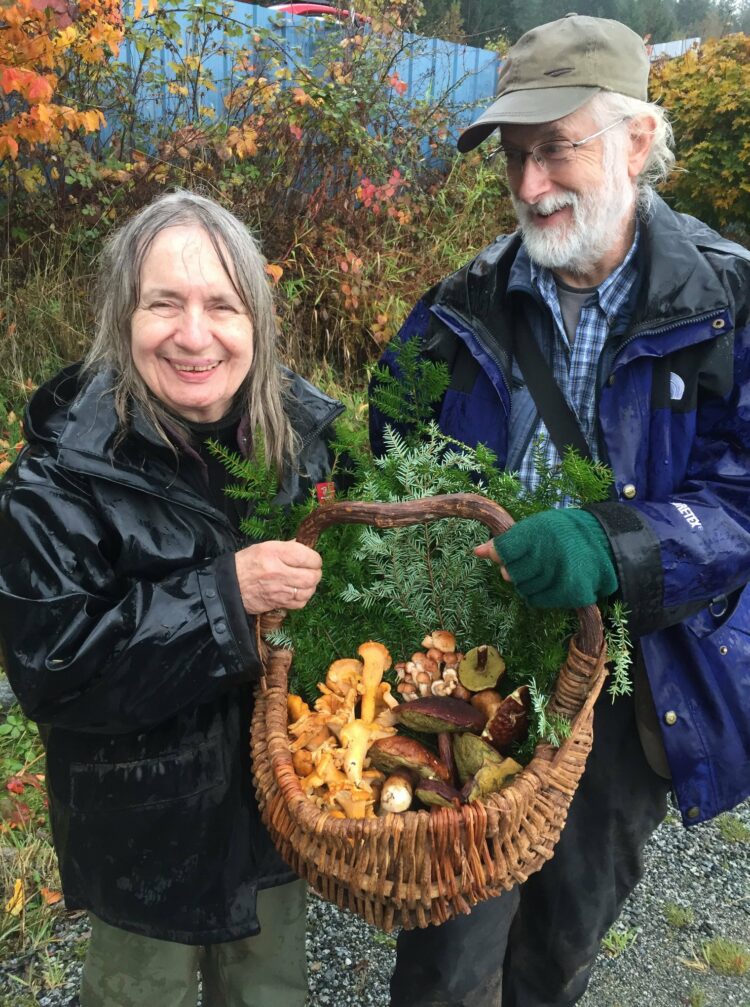
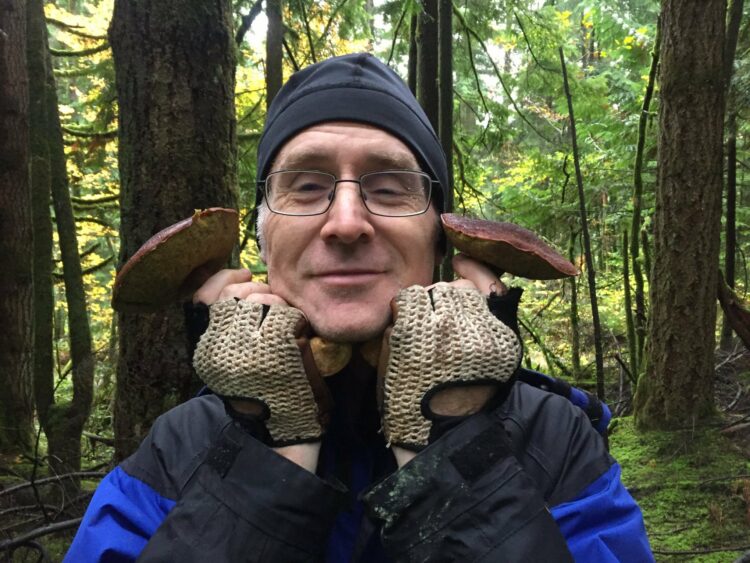
Foraging for Wild Mushrooms in Maple Ridge
Credit: Slow Food Vancouver
In the photos above, we find a group of friends engaging in an ancient (even timeless) human activity …foraging for wild mushrooms. They’re members of the Vancouver chapter of the Slow Food movement, and they’re foraging for mushrooms in a forest near Maple Ridge.
You might ask: What is Slow Food? And what does it have to do with climate action and reducing food waste?
According to Slow Food: “the key to fighting food waste is to give food back the value that it deserves.”
At a personal level, this includes buying local and seasonal foods, throwing away less food, eating out less, eating less, purchasing food that’s been fairly and sustainably produced … and eating at least once a week with someone you love. … Commend
Slow Food calls for tackling the climate crisis through the adoption of environmentally-friendly practices, at all stages along the food supply chain, following a seed-to-landfill trajectory.
The roots of the Slow Food movement are found in Italy, when Carlo Petrini and a group of activists came together in the 1980s to “defend regional traditions, good food, gastronomic pleasure and a slow pace of life.”
Petrini a centre-left journalist and food critic who wrote for Communist daily newspapers came to prominence, in 1986, as the leader of a protest in Rome against the opening of the first McDonald’s in Italy.
Located near the Spanish Steps, in the heart of Rome, the 400 seat fast-food outlet was the largest McDonald’s in the world to open at the time.
Petrini and his friends brought gastronomy and the weight of Italian food and wine culture to the front line in the battle against fast food and industrialized food production.
The international Slow Food movement was launched, in 1989, when delegates from 15 countries gathered in Paris to sign the Slow Food Manifesto.
The movement has since evolved and spread (mushroomed so-to-speak) to more than 160 countries.
The mission of Slow Food includes defending local food traditions, promoting artisanal foods and preserving food biodiversity.

Net Fishing for Wild Salmon / Credit: Okanagan Nation Alliance Fisheries
Closer to home, this time in the Okanagan Valley, a Slow Food presidium is assisting in the recovery of traditional fishing systems for Okanagan Sockeye salmon, which travel up the mighty Columbia River to spawn in the indigenous lands of the Syilx people.





